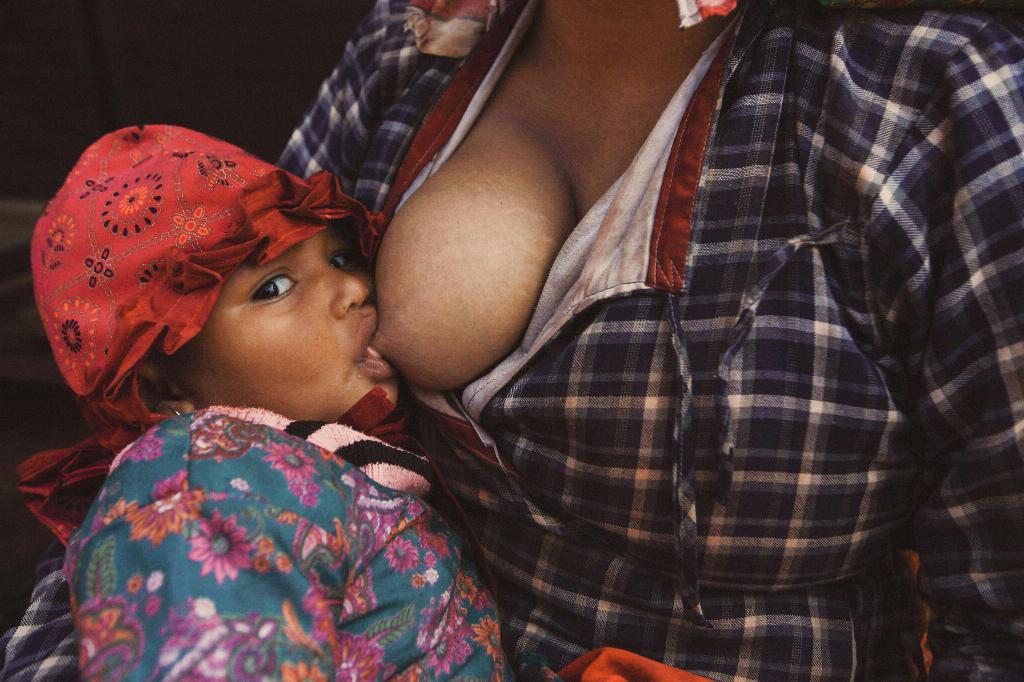When it comes to how much alcohol passes into breast milk, it is important to consider various factors that influence this transfer. The process of alcohol reaching breast milk is not as straightforward as it may seem, and several key aspects play a role in determining the concentration of alcohol present in the milk.
Factors Affecting Alcohol Transfer
One crucial factor to consider is the timing of alcohol consumption in relation to breastfeeding. The peak alcohol concentration in breast milk typically occurs 30-60 minutes after consumption, so the timing of breastfeeding after drinking can impact the amount of alcohol present in the milk.
Alcohol Metabolism and Elimination
The metabolism and elimination of alcohol in the mother’s body also influence the transfer to breast milk. Alcohol is metabolized by the liver at a relatively constant rate, and factors such as body weight, metabolism, and food consumption can affect how quickly alcohol is processed in the body.
Alcohol Content in Breast Milk
Research indicates that less than 2 percent of the alcohol consumed by a mother reaches her milk. The level of alcohol in breast milk parallels that found in the maternal blood, indicating that alcohol is not stored in breast milk but rather reflects the current concentration in the mother’s system.
Effects on the Infant
While small amounts of alcohol in breast milk are not typically harmful to infants, excessive alcohol consumption can have negative effects. It is recommended to limit alcohol intake and avoid breastfeeding for 2-3 hours after consuming alcohol to minimize the potential impact on the baby.
Safe Alcohol Consumption Guidelines
For lactating mothers who choose to consume alcohol, safety precautions should be followed to protect the well-being of the infant. Moderation is key, and it is advisable to wait until alcohol has cleared from the system before breastfeeding to ensure minimal exposure to the baby.
Consulting Healthcare Professionals
Consulting with healthcare providers is essential for mothers who have concerns about alcohol consumption while breastfeeding. Medical professionals can provide personalized guidance based on individual factors and offer recommendations to support the health of both the mother and the baby.
General Recommendations for Breastfeeding Mothers
Overall, breastfeeding mothers should prioritize their health and well-being while considering the impact of alcohol consumption on their infants. Making informed choices, seeking support from healthcare professionals, and following safe practices can help ensure a safe and healthy breastfeeding experience for both mother and baby.
Conclusion
In conclusion, understanding the transfer of alcohol into breast milk involves awareness of various factors such as timing, metabolism, and safe consumption guidelines. By staying informed and taking necessary precautions, breastfeeding mothers can navigate the balance between personal choices and the well-being of their infants.

